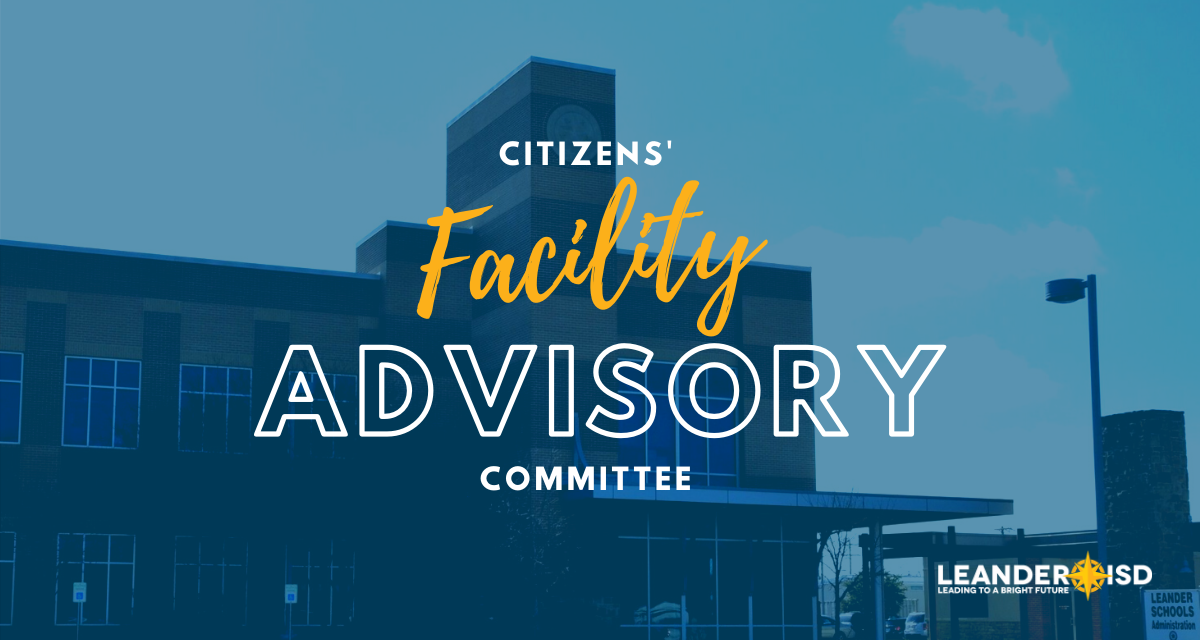Playground improvements, relief for crowded elementary schools that are only going to get more students, and technology infrastructure to increase connectivity and internet access made for a lengthy discussion Wednesday night.
After a 150-member Citizens’ Facilities Advisory Committee (CFAC) presented $1.5 billion in potential projects, covering elementary, middle, and high schools, as well as ancillary or support services and technology, a steering committee has been working to prioritize the most-needed projects, meeting for the fourth time Wednesday, May 26.
The CFAC Steering Committee met earlier this month to discuss the district’s capacity for funding bond projects without raising the tax rate and to refine the project lists for high schools, middle schools, and ancillary or support services.
Discussion includes the construction of 5 new elementary schools, 5 renovations, and districtwide playground updates
Based on a demographer’s research of local real estate sales and new housing construction, the district will grow by 7,814 new students by 2026. More students mean more schools, including five new elementary schools being considered by the CFAC. If approved for an election item and by voters, the district would open the new schools between 2023 and 2026.
After exploring renovation projects and prioritizing the most essential, the committee supported projects and furniture replacement at Bagdad, Bush, Cox, Naumann, and Knowles and furniture only at Faubion, Mason, Giddens, and Steiner Ranch. The committee plans further discussion around projects and furniture replacements at Deer Creek and Pleasant Hill.
Finally, elementary school projects for a potential bond included significant updates and expansions of playgrounds at all elementary schools, including the district purchasing shade structures for all playgrounds (replacing the cloth material for playgrounds that already have shade structures), and adding various other items to play areas, enhancing playgrounds for equity and inclusivity.
New technology infrastructure, replacements for old computer devices makes for a potential election proposition
A bond proposal could fund replacements for old laptops, computers, iPads, and document cameras for four years. Technology requests also include a second Broadband Network Node site, which would serve as a location for “sharing the load” on the district’s bandwidth usage, adding resiliency and creating faster and more reliable service for teaching and learning.
The committee asked Chief Technology Officer Jason Miller about alternative options, including a cloud-based service, to cover the needed items without using bond dollars. Miller spoke to the additional cost of about $768,000 per year for a similar cloud-based system, which would use operating budget and takes away from the district’s ability to pay teachers and school support staff.
Committee members also listened to a proposal for the district to move away from projectors, including the non-mounted projector carts that eat up space in elementary school classrooms. Instead, classrooms would feature interactive, industrial television screens to increase functionality and durability while freeing up instructional space.
“When we talk about interactive panels, we are really discussing a computer on the wall that allows teachers to get up from their desks and actively work with students,” Director of Instruction and Digital Learning Carie Spannagel said. “It modernizes and gets away from a teacher-centric learning environment to one that gives students more control.”
Committee to reconvene after Memorial Day
The 24-member community leadership group, CFAC, will work over the next few weeks to build a report for the June 17 Board of Trustees meeting. If they decide to call a bond election for November, the Board would need to take action by August 16.
The CFAC committee will meet on Tuesday, June 1 to continue prioritizing projects for its proposal.


![In the Automotive Program of Study at Rouse High School, students study automotive basics and automotive technology, and eventually complete a practicum in transportation systems.
“If I didn’t have this program, I wouldn’t feel really prepared for my future plans – I want to be a BWM technician,” Glenn High School student Javier Peña said. “And the fact that there’s a program out there in this district that [prepares students] is just amazing.”
Full video at YouTube link in bio.
#NoPlaceLikeLISD](https://news.leanderisd.org/wp-content/plugins/instagram-feed/img/placeholder.png)
